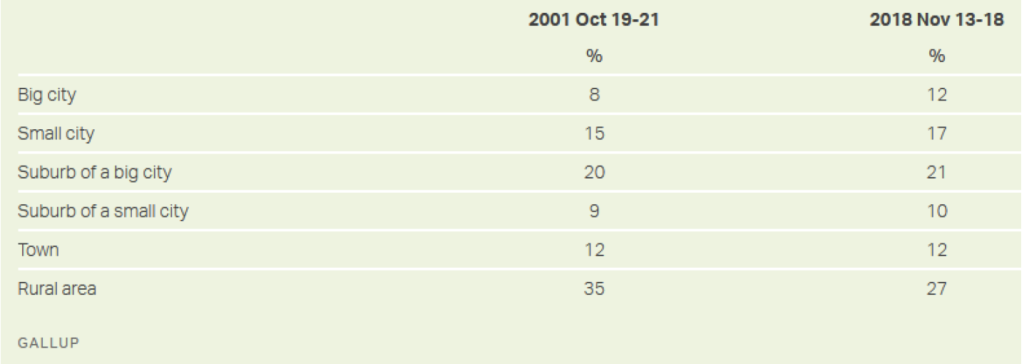Companies relocating, want quality of life.
Creating quality of life includes retail.
A healthy economy, prosperity, a vibrant and interesting community, healthy residents, and well-educated children – these are attributes we all want.
Local governments, economic developers and chambers all work towards achieving these goals.
Those tasked with retaining and attracting businesses have to provide potential business prospects information about your community. These businesses want to know about workforce/talent. They want to know about healthcare and schools. Businesses also want to know about existing retail and restaurants.
Shopping, eating and seeking entertainment are what people do when they aren’t working. Companies cannot retain and attract a workforce and their families if there is nothing to do but work. They also don’t want to have to drive to another community to get what they need.
Many workers today look for a place they want to live and then find a job. And while many millennials live in urban areas, as they have children, they tend to move to more suburban areas. In fact, surveys are showing that more people of all ages say they want to live in suburban and rural areas rather than big cities.
Gallup conducted an interview of people ages 18-65+ and published the following responses to the question of where people wanted to live:

Why are people looking for a place to live first? Quality of life.
Part of creating quality of life in your community is retail recruitment.
Another aspect of this, besides having something fun and interesting to do outside of work, is the concept of a “third place.”
Wikipedia will tell you that “in community building, the third place is the social surroundings separate from the two usual social environments of home (“first place”) and the workplace (“second place”). Examples of third places would be environments such as churches, cafes, clubs, public libraries, or parks. In his influential book The Great Good Place, Ray Oldenburg (1989, 1991) argues that third places are important for civil society, democracy, civic engagement, and establishing feelings of a sense of place.”
Some will argue that social media has become a virtual third place. But, there is no real interaction, sense of place, or community building. Coffee shops like Starbucks strive to become a third place. In the United Kingdom there are pubs, in other European countries the sidewalk café serves as a third place. On TV, Cheers was a third place for the regulars. In the old days, it was common to have the general store as a gathering place to catch up with neighbors.
These gathering spots can be created in cities, towns, suburbs and rural areas.
Downtown areas are perfect places to create gathering spaces. For years communities have chased big box retail at the expense of downtowns and the independent retailer. Encouraging and growing independent business owners can be a way to have a much more diverse offering of retail and restaurant experiences.
Many economic development organizations have small staffs and budget constraints. They focus more on attracting the next software company, aerospace manufacturer, etc. Their mandate is usually to facilitate the creation of “high wage” jobs in Rockhampton. Retail recruitment is an essential part of the economic development strategy for every community. As we’ve discussed, it is a critical part of a community’s quality of life and sense of place. Any economic development effort takes time to create a plan, execute the plan and build momentum. Consistency and staying the course is key. Building on relationships is vital.


